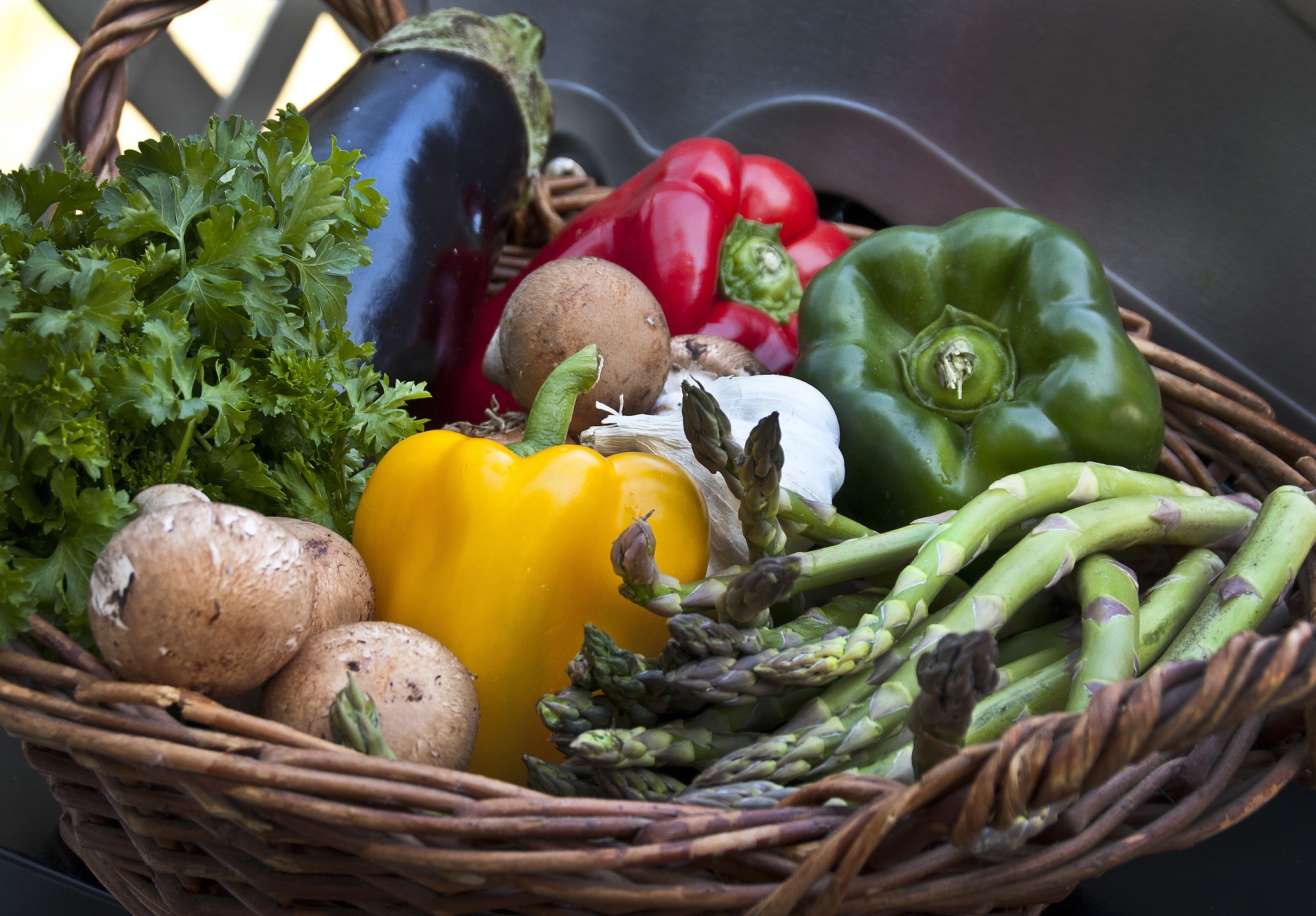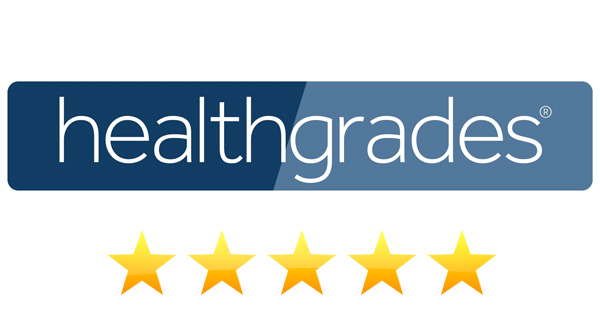
We’ve probably all heard about how onions clean the blood or other recommendations to keep our precious red body fluid healthy. With the rising numbers of heart related deaths each year, it’s no wonder doctors and heart care associations are cranking out awareness. In 2015, the Center for Disease and Prevention (CDC) estimates that 610,000 people will die of heart disease. One of the major problems leading up to heart disease is high cholesterol. 1 in 6 adults in the U.S. have cholesterol levels above the “healthy” 200mg mark.>
What does all this have to do with your veins? Well, your blood vessels are a 60,000 mile highway for your blood, and cholesterol can restrict and damage the inner linings of your veins. In addition to controlled cholesterol, your veins also need to maintain elasticity, as they stretch and collapse once the blood is delivered back to the heart for more oxygen. The veins and the seven major arteries also need to stay smooth, supple, and clear of clots.
So which foods can do all this work and keep your circulatory system healthy and strong? It all comes down to foods that contain the essential vitamins for high-vitality veins: Vitamins C, E, and K.
Vitamin C is a fundamental building block for collagen, the material all your veins and arteries are constructed with. Consuming C-rich foods is a surefire way of strengthening vein walls, preventing calcium build up and hardening of the arteries, and healing any scars or damage quickly. It will also increase the flow of blood and keep the inner walls smooth. A 2004 report from the University of Oslo stated that volunteers who ate two or three vitamin-C-rich kiwis a day saw less blood clots and better flowing blood platelets. They further observed that eating kiwis also lowered fats in the blood by 15 percent. In addition to kiwi’s vitamin c content (64mg per fruit), sweet bell peppers (341mg), guava fruit (125mg), kale and other leafy greens (80mg), broccoli (81mg), and strawberries (11mg per berry) all offer the vitamin c your veins and blood need. Vitamin C also aids in the creation of elastin, bio-fibers that keep your veins flexible.
Vitamin E is touted as the skin vitamin, again for its participation in collagen creation. Furthermore, vitamin E prevents clots, regulates vein traffic, and affects blood pressure. A study put out by AHA journal Circulation found that women who took vitamin E were 21% less likely to develop venous thromboembolism (blood clots in the deep veins of the legs) than women who did not, but the reduction was more than double this (44%) among the women with a history of clots. To help protect your veins, consume between 200-400 mg of vitamin E daily. There are oils and supplements on the market, but getting vitamin E from food sources is best. Some of the highest vitamin E filled foods are spinach and other leafy greens (2-4mg per cup), almonds and other nuts (up to 7mg per ounce), sunflower seeds (10mg per ounce), avocados (3mg per cup), eggs (.5mg per one), and broccoli (2.3mg per cup).

Just as there are things you should eat to help keep your veins healthy, certain foods should be avoided. Fat and salt are of primary concern. High sodium increases blood pressure and risk of heart disease. The American Heart Association (AHA) recommends 1,500 mg daily, and many Americans far exceed this. Likewise, saturated and trans fat need to be monitored. AHA especially suggests keeping saturated fats in things such as butter and red meat to 13 grams.
As you can see, there are a few trends in what foods offer the best vitamins for your heart and corresponding blood vessels. By choosing healthy foods in general and pairing them with an active lifestyle, your veins can be at their best. As Hippocrates once said, “Let your food be your medicine and your medicine be your food.”
Did you enjoy this article? We would really appreciate if you shared it!


